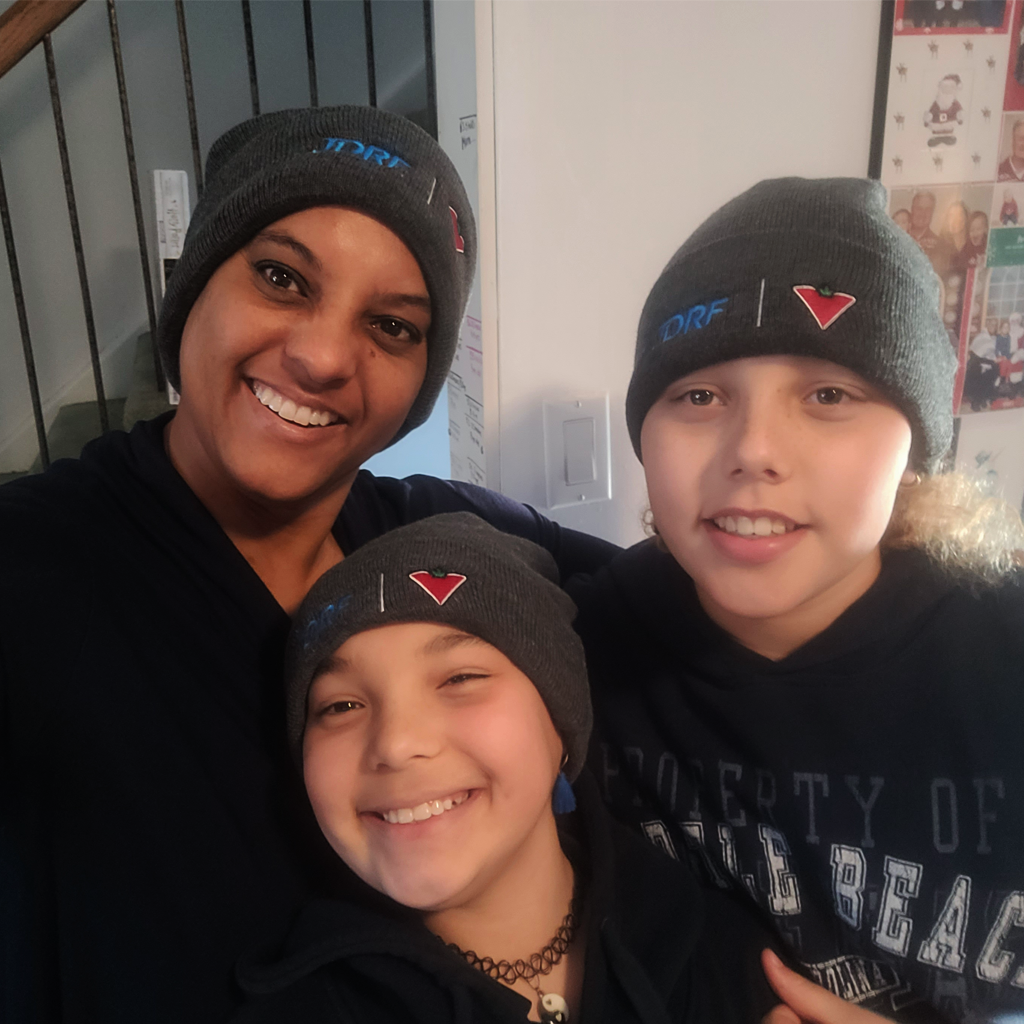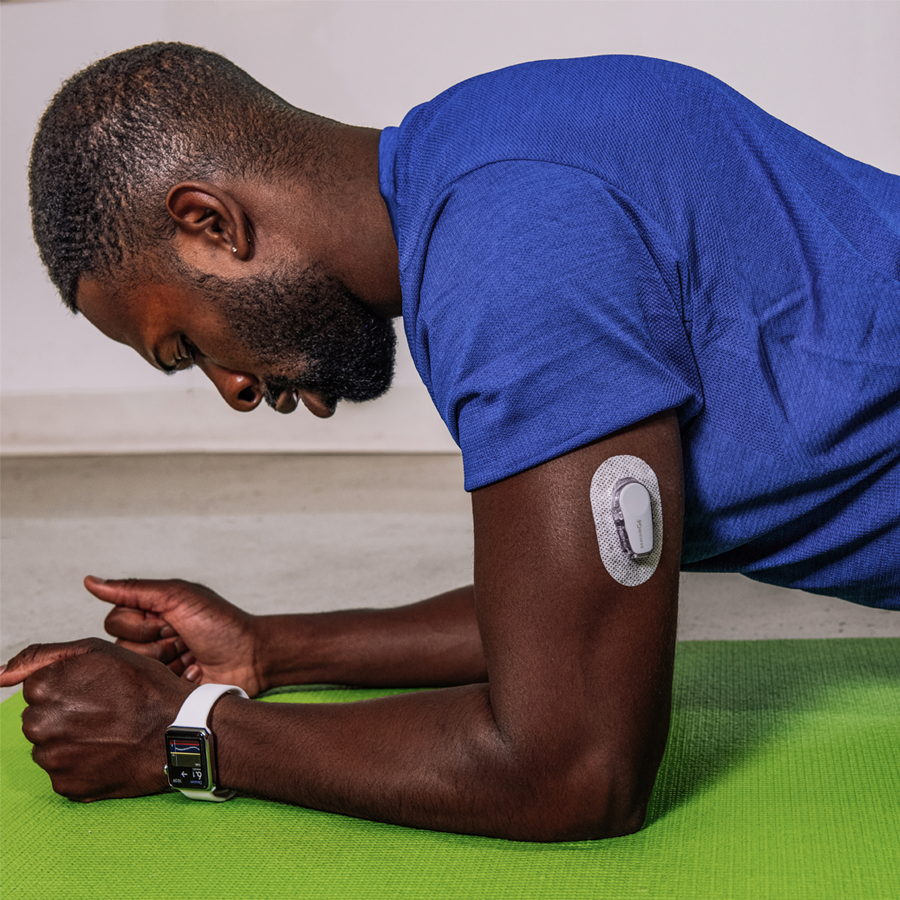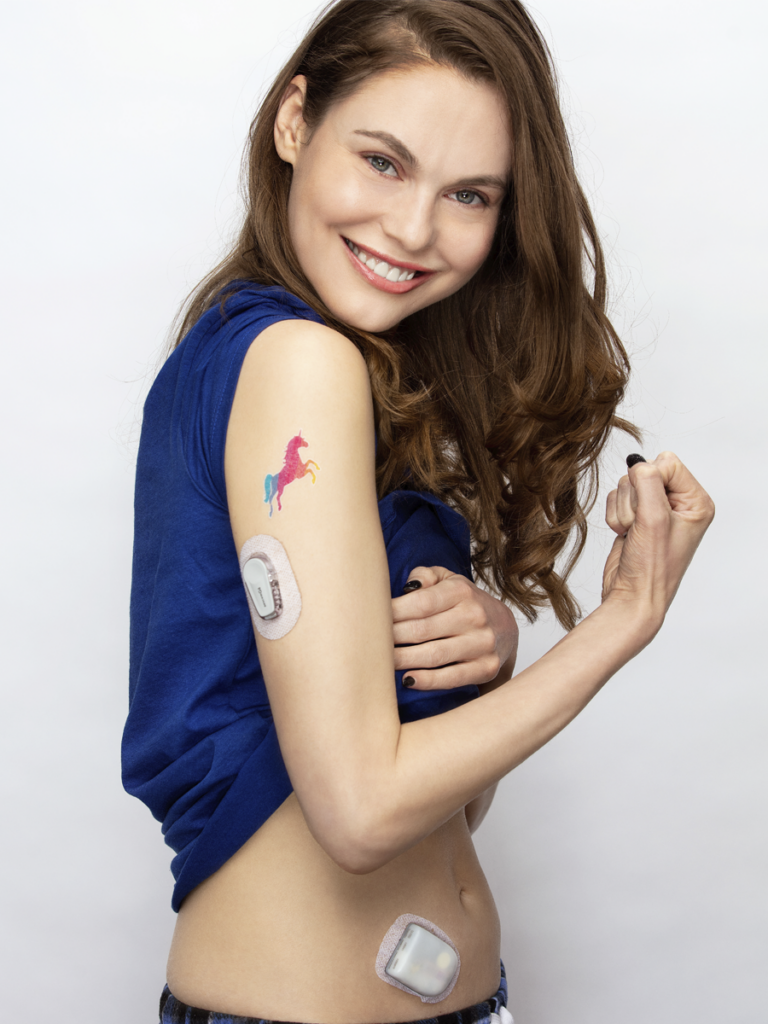Beginning April 4th, 2022, to honour 100 years since Leonard Thompson received the first successful insulin, injection five volunteers will brave the elements and live atop a 40-foot flagpole for 100 hours to unite Canadians and raise funds for JDRF’s $100 Million Campaign to Accelerate in support of type 1 diabetes (T1D) research.
Why a flagpole? In 1990, Peter Oliver, founder of Oliver & Bonacini and Co-Chair of JDRF’s $100 Million Campaign to Accelerate, lived atop a 40-foot-tall flagpole to raise funds and awareness for T1D. Now, 32 years later, JDRF is recreating this unique event.
T1D is a chronic autoimmune condition in which insulin-producing beta cells in the pancreas are mistakenly destroyed by the body’s immune system. T1D seems to have a genetic component and can be diagnosed early in life but also in adulthood. Its causes are not fully known, and there is currently no cure. People with T1D are dependent on injected or pumped insulin to survive.
The Let’s Make History Again event is the public launch of the JDRF’s $100 Million Campaign to Accelerate and aims to raise awareness of the effects of this disease while also raising funds to support critical research. In addition, one hundred families from across Canada who are impacted by T1D, known as ‘100 Ambassador of History’, will be camping and fundraising in solidarity with the five people who are living atop the flagpoles, JDRF’s ‘Leaders in History’.
JDRF was thrilled when Canadian Tire joined the Let’s Make History Again event as the Official Gear Partner. 2022 also marks the 100th anniversary of Canadian Tire, so both of our organizations have a lot to celebrate.

“Canadian Tire Corporation is proud to be supporting JDRF and its Let’s Make History Again campaign. We are here to make life in Canada better, and that includes supporting the many people who are living with type 1 diabetes (T1D),” said Susan O’Brien, Chief Brand and Customer Officer, Canadian Tire Corporation.
Canadian Tire is providing significant funding and product support for the event, outfitting each of the Leaders in History, and their flagpole enclosures with clothing, warm bedding, camping gear and all the items they may need to be more comfortable while atop a 40-foot flagpole for 100 hours. The company is also outfitting onsite staff and volunteers with clothing to keep them warm and comfortable.

Additionally, Canadian Tire provided gift cards to each of the 100 Ambassador of History families and teams, as well as cozy and stylish toques. The cards will help the 100 Ambassadors purchase anything they need to camp, as they help raise funds for ground-breaking diabetes research.
2022 marks Canadian Tire’s 100th birthday, along with the 100th anniversary of the first successful insulin injection – two extremely significant milestones in our country’s history. Being around for 100 years – and having retail locations within a 10-minute drive of the vast majority of Canadians – has allowed Canadian Tire to become a trusted part of people’s lives.
“We are a company that prides itself on being deeply engrained in the communities we serve. From giving kids a sporting chance through Canadian Tire Jumpstart Charities, to helping Canadians face the unexpected together by providing disaster relief efforts when the unexpected happens, we’re proud to help communities across Canada recover. Knowing that a cure for T1D would truly make life in Canada better for thousands of Canadians, this is a cause we are proud to support. With the work that JDRF is doing, we are hopeful that one day Canada will find a cure,” said Susan O’Brien, Chief Brand and Customer Officer, Canadian Tire Corporation.
JDRF is incredibly grateful for Canadian Tire’s support of the Let’s Make History Again event, helping to fund the most cutting-edge research into cures for T1D.
Canadian Tire Corporation is one of Canada’s most admired and trusted companies. With world-class owned brands and exciting market-leading merchandising strategies, Canadian Tire is continually innovating with purpose: to excite and serve Canadian customers from coast-to-coast.
Additional information can be found here.






